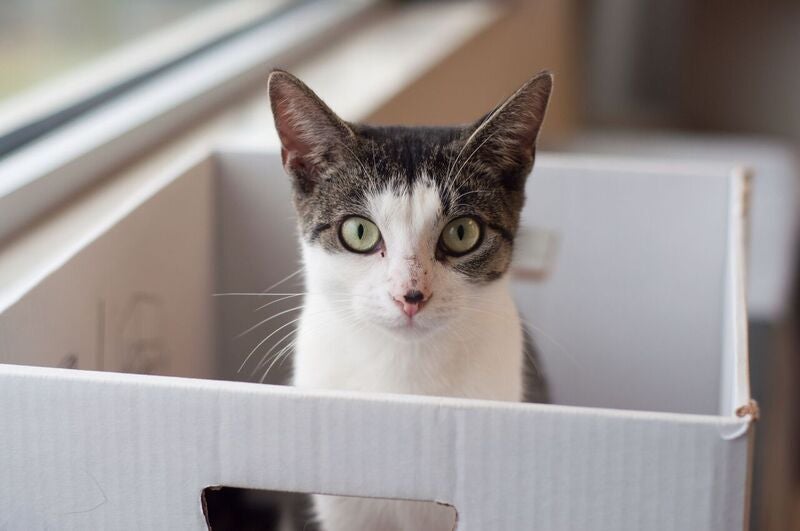Animals are not gifts – so this Christmas, say no to that doggie in the window
Three animals are abandoned every hour during the holiday period. When the flood of surrendered animals hits after Christmas, shelter workers face the heartbreaking prospect of having to euthanise healthy, loving individuals


Your support helps us to tell the story
From reproductive rights to climate change to Big Tech, The Independent is on the ground when the story is developing. Whether it's investigating the financials of Elon Musk's pro-Trump PAC or producing our latest documentary, 'The A Word', which shines a light on the American women fighting for reproductive rights, we know how important it is to parse out the facts from the messaging.
At such a critical moment in US history, we need reporters on the ground. Your donation allows us to keep sending journalists to speak to both sides of the story.
The Independent is trusted by Americans across the entire political spectrum. And unlike many other quality news outlets, we choose not to lock Americans out of our reporting and analysis with paywalls. We believe quality journalism should be available to everyone, paid for by those who can afford it.
Your support makes all the difference.Who hasn't had the experience of receiving a Christmas gift that they didn't really want? An embarrassing jumper from Aunt Edna, a useless TV shopping channel gadget, or a pair of sad socks – all of which are easy enough to return, re-gift, or toss into the loft and forget about. But when someone makes the mistake of giving a living, breathing, feeling animal as a "gift", the consequences can be disastrous.
In the days, weeks, and months following the festivities, animal shelters across the country are inundated with animals who were given as "gifts", only to be tossed out like tinsel when the novelty wore off or their guardians discovered that caring for boisterous puppies and kittens is a full-time job.
Three animals are abandoned every hour during the holiday period, according to figures released by the RSPCA – with Staffordshire bull terriers and Staffie crosses most commonly affected. Many end up in shelters, which are already bursting at the seams with homeless animals all year round. When the flood of surrendered animals hits after Christmas, shelter workers face the heartbreaking prospect of having to euthanise healthy, loving individuals.
Of course, many less fortunate animals don't end up in shelters but rather are dumped on the streets or in the woods and left to fend for themselves. They're likely to starve, get hit by a car, or die in another agonising way. Some people hand their animals over to anyone who will take them or advertise them as "free to a good home", putting them in danger of being abused or neglected. Some dogs discarded in this way have ended up being used as bait in illegal dogfights.
So if you're thinking about giving a furry friend as a gift this year, it's vital to stick to the kind found in toy shops, not pet shops. Animals aren't like other gifts. They require lots of time, patience, and money – all of which are scarce during the Christmas holidays. That cute puppy or kitten won't seem like much of a "present" after he chews up a priceless heirloom quilt, decides to use the Christmas tree as a climbing frame, turns the house into a flea circus, or racks up hundreds of pounds in vet bills.
Inviting an animal companion into a home is an important decision that requires making a lifelong commitment to caring for and spending time with that animal. A new puppy or kitten could be part of a family for 15 years or longer, so it's important not to rush the decision and to find an animal who is a good match for his or her guardian's activity level, experience, abilities and personality. A reputable shelter does just that – and its staff will never pressure anyone into adopting an animal in time for the festive period.
If your loved one is prepared to make such a commitment to a four-legged dependant and has plenty of time, money, patience, and love to offer, consider giving a "gift certificate" for an animal from a local shelter. That way, the recipient can decide which animal would make the most suitable companion – and choose the best time to bring him or her home. You'll be giving more than unconditional love and companionship – you'll also be giving the gift of life to a homeless animal.
Elisa Allen is the director of Peta UK
Join our commenting forum
Join thought-provoking conversations, follow other Independent readers and see their replies
Comments